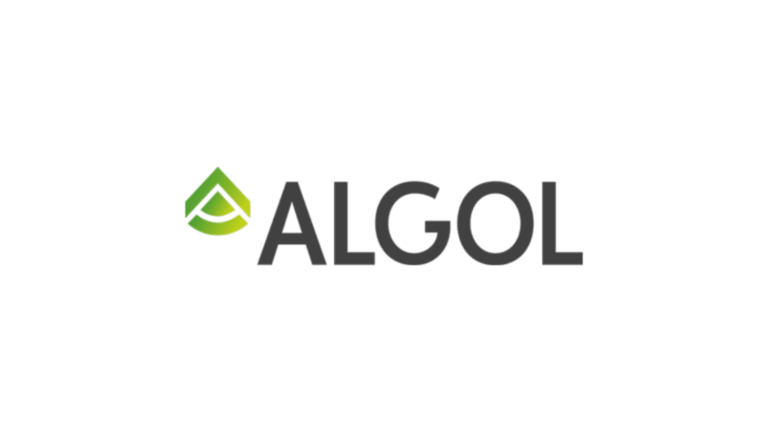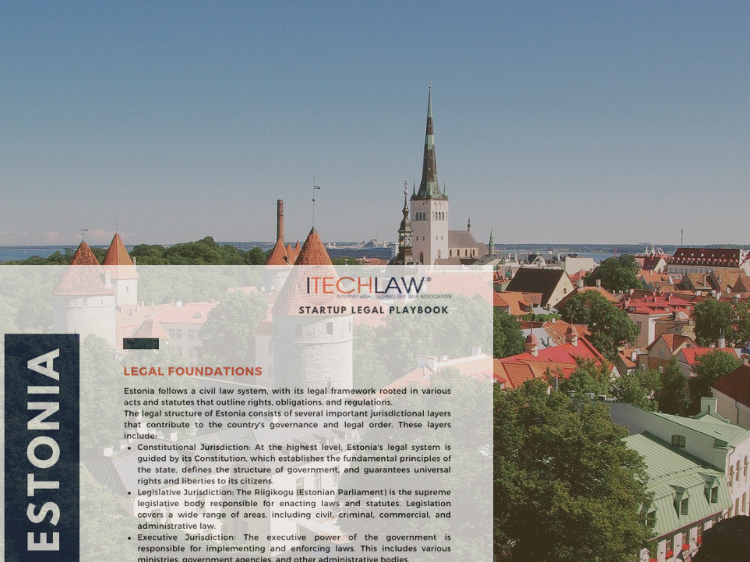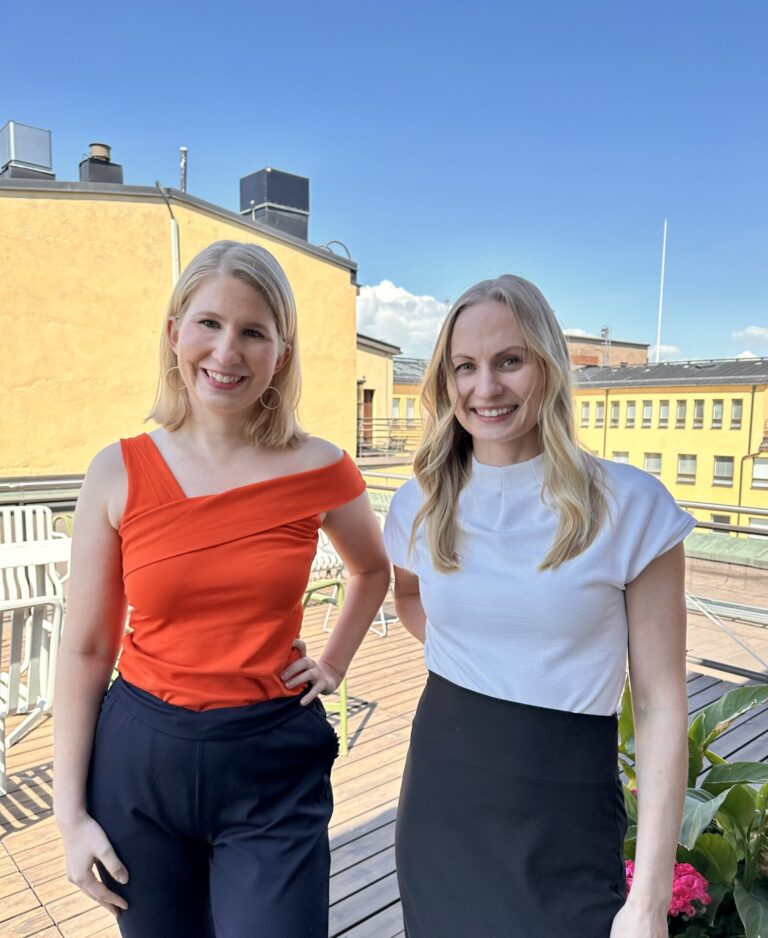
The new rules fundamentally change the Danish approach to foreign investments, as we go from an almost completely open economy to now having one of the most restrictive regimes for screening foreign investments yet implemented by any EU member state.
The new rules entered into force on 1 July 2021 but will only be applied to transactions that complete from 1 September 2021 and onwards.
Within a range of critical sectors, Denmark has introduced a statutory approval system, where the foreign enterprise – to the extent it acquires direct or indirect possession of or control over at least 10 percent of ownership or voting rights or similar control by other means – will before completing such a transaction need to have it approved by the Danish Business Authority.
It is a fairly straightforward exercise to determine if someone acquires a 10 percent share of ownership or voting rights in a Danish enterprise, but whether similar control is established again leaves much room open for interpretation. It is now clear that for instance director appointment and veto rights, covenants in long-term loan agreements, and asset acquisitions as transaction types where it will be relevant to assess if similar control is acquired.
The critical sectors that the statutory approval systems apply to are very broadly defined. Below is a non-exhaustive list of critical sectors, a list that will remain open dynamic interpretation:
- Defence
- IT and cyber security
- Processing of sensitive data
- Dual-use products
- Critical infrastructure (energy, transport, water, health, communication, media, data processing, data storage, aviation, space, defence, infrastructure related to elections, financial infrastructure, sensitive facilities and real estate necessary to operate the above)
- Other critical technologies (which itself extends far and comprises AI, industrial robots, 3D print, semi-conductors, cyber security, aviation, space, defence, energy storage, quantum technology, nuclear technology, nanotechnology, biotech)
- Freedom and pluralism of media institutions
Critical infrastructure is very broadly defined as facilities, systems, processes, networks, technologies, services and/or assets that are necessary to uphold or restore functions important to the society. Further, the definition of critical infrastructure extends to businesses that are developing technologies that will become critical infrastructure, and in a response to a specific inquiry the Danish Business Authority has confirmed that a Danish entity that supplies a product to critical infrastructure that is insignificant in value and can easily be replaced will likely be considered a critical sector company. This interpretation will cause a very large range of Danish companies to fall inside the scope of the new law, especially within the energy, technology, data processing and financial services sectors.
Where a Danish business operating in a critical sector enters into a special economic agreement (defined as an agreement that confers control or significant influence over the Danish entity onto the foreigner) with a foreign player this also is subject to approval. The Danish rules have now clarified that special economic agreement are R&D joint ventures and certain long-term supplier contracts as well as operational and service (outsourcing) agreements.
The statutory approval system also applies to a foreigner’s greenfield establishment in a critical sector in Denmark.
Generally, no lower financial thresholds apply. In consequence, no monetary threshold applies to the value of transactions to which the rules apply as well as a company that earns only a small percentage of its revenue on a critical sector line of business is nevertheless defined as a critical sector company. However, in the implementing rules the Danish Business Authority is now allowing an exemption for start-ups that can receive investments of up to DKK 75 million (EUR 10 million) from each investor (providing they do not have joint control) during the first three years of its lifetime, as long as the transaction does not cause the Danish entity to become a subsidiary of the foreign investor.
A feature of the Danish rules of particular importance to people working with cross-border M&A is that the Danish rules have been given extra-territorial reach, as they apply to transactions where the control over a Danish entity indirectly shifts, for instance where a division operating within a critical sector and where a Danish company is embedded downstream in the group structure is sold to a foreign enterprise.
In terms of the home destination of the foreign investors covered by the FDI rules, a feature of the new Danish rules that has been criticized by local business organizations is that the statutory approval regime also applies to investments made by EU and OECD headquartered businesses. In order for the free flow of services in the EU not to be adversely impacted, special economic agreements are however allowed with “true” EU companies.
It must be noted, however, that in determining whether a company is a foreigner or (with regard to the special economic agreements) a “true” EU company, you need to look at the ultimate owners. If a foreigner controls 25 per cent or more of a Danish entity it is a foreigner in the eyes of the Danish FDI rules. Consequently, if a Swedish entity for instance owns a 30 per cent stake in a Danish company the Danish company is deemed to be a foreigner. Conversely, if a British entity owns a 30 per cent stake in a German business, the German business is not a “true” EU entity.
The obligation to apply for approval sits with the foreign investors, however, Denmark has introduced a pre-screening opportunity that allows Danish enterprises as well as foreign investors to seek guidance on whether a specific entity or contemplated transaction falls inside the scope of the FDI rules.
The obligation to apply for approval rests with the foreign company and gun-jumping is not allowed: This means that you cannot proceed without approval.
The Danish authorities have been given a wide range of measures to counter transactions proceeding without approval, including suspension of voting rights on shares, expropriation of assets and that special economic agreements that have not be properly approved are null and void.
The Danish authorities will have 60 days to review an application but can “stop the clock” in case of applications not containing the necessary information or in case of a delay in the case processing period.
Whereas Denmark can only reject or attach conditions to an approval in case of a transaction presenting a threat to national security or public order (why we expect most cases to pass through), the very tightly knitted net cast out by Denmark will in our view create a need to apply for approval in a very highly volume of FDI cases.
The new FDI rules are in Denmark supplemented by another legislative initiative focusing on enhanced security requirements for agreements concerning supplier security in the critical telecom infrastructure that also entered into force on 1 July 2021.
At EU level FDI issues are also continuing to attract attention, and the Danish EU Competition Commissioner Margrethe Vestager is introducing a proposal for EU rules seeking to restrict M&A transactions and public tender bids by foreign state-owned entities as well as entities that have received state-aid.
Below we have attempted to create an illustrative list of the types of transactions that – if they relate to a Danish business in the mentioned areas of business or another critical sector line of business – were not previously subject to any restrictions but will from now own need to be approved:
- A Danish enterprise where a Swedish PE fund owns a 30 per cent stake wants to buy another Danish business earning 15 per cent of its revenue on the development of industrial robots.
- A Danish start-up that develops AI solutions needs growth capital and finds an investor in the UK that offers to inject EUR 0.5 million against a 12 per cent ownership interest. The result would be the same in case of a convertible loan if the UK investor thereby acquire rights similar to a 10 per cent ownership interest, e.g. through tough loan covenants, veto rights and/or a right to appoint a director.
- A German company wants to set up a Danish company and employ personal to pursue the development of energy storage solutions.
- A space department of a Danish university wants to engage in an R&D collaboration joint venture with a US company in order to co-develop space related technology (if that entails concerns all or most of the R&D activities of the Danish university and conveys control or significant influence onto the US partner).
- A Danish developer of nanotechnology wants to enter into an R&D joint venture with a Japanese company.
- A Danish company that develops cyber-security solutions enters into an outsourcing agreement with a Korean enterprise (if that concerns all or most of the activities of the Danish and entity entails control or significant influence for the Korean supplier)
- A Mexican company wants to sell a division that contains a Danish biotech company to a Canadian buyer (but this is not relevant to intra-group reorganisations where the ultimate control does not shift).
- A bank consortium with 50 per cent Danish and 50 percent foreign banks offers M&A transaction finance (with covenants conveying significant influence on financial matters onto the bank) to a Danish company for the purpose of its acquisition of another Danish company in the defense industry.
- A Dane living in Switzerland wants to use his Swiss entity to inject funding into his brother’s business that develops infrastructure solutions to the financial sector.
As FDI screening regimes are introduced more widely across the global landscape this will impact M&A transactions and add significant complexity, especially as rules implemented locally, including across the EU, are not uniform. Banks offering to finance M&A transactions and insurers offering W&I insurance products will also increasingly need to verify that the deals they finance and/or insure do not contravene FDI screening regimes.
Magnusson’s International M&A team covers the entire Nordic and Baltic region, and we have experts in each jurisdiction ready to offer advice on the status of FDI screening systems in each of our geographies.










